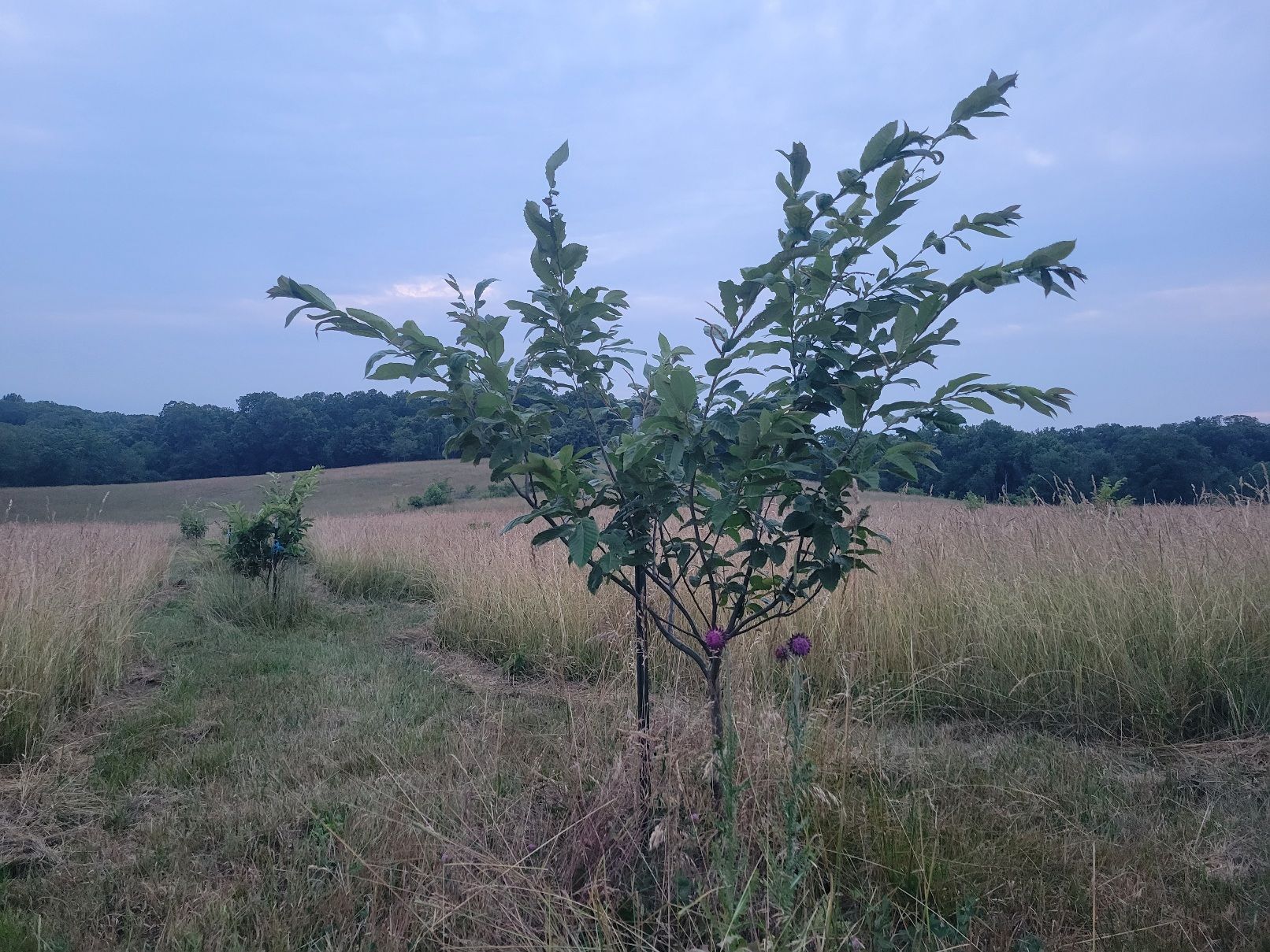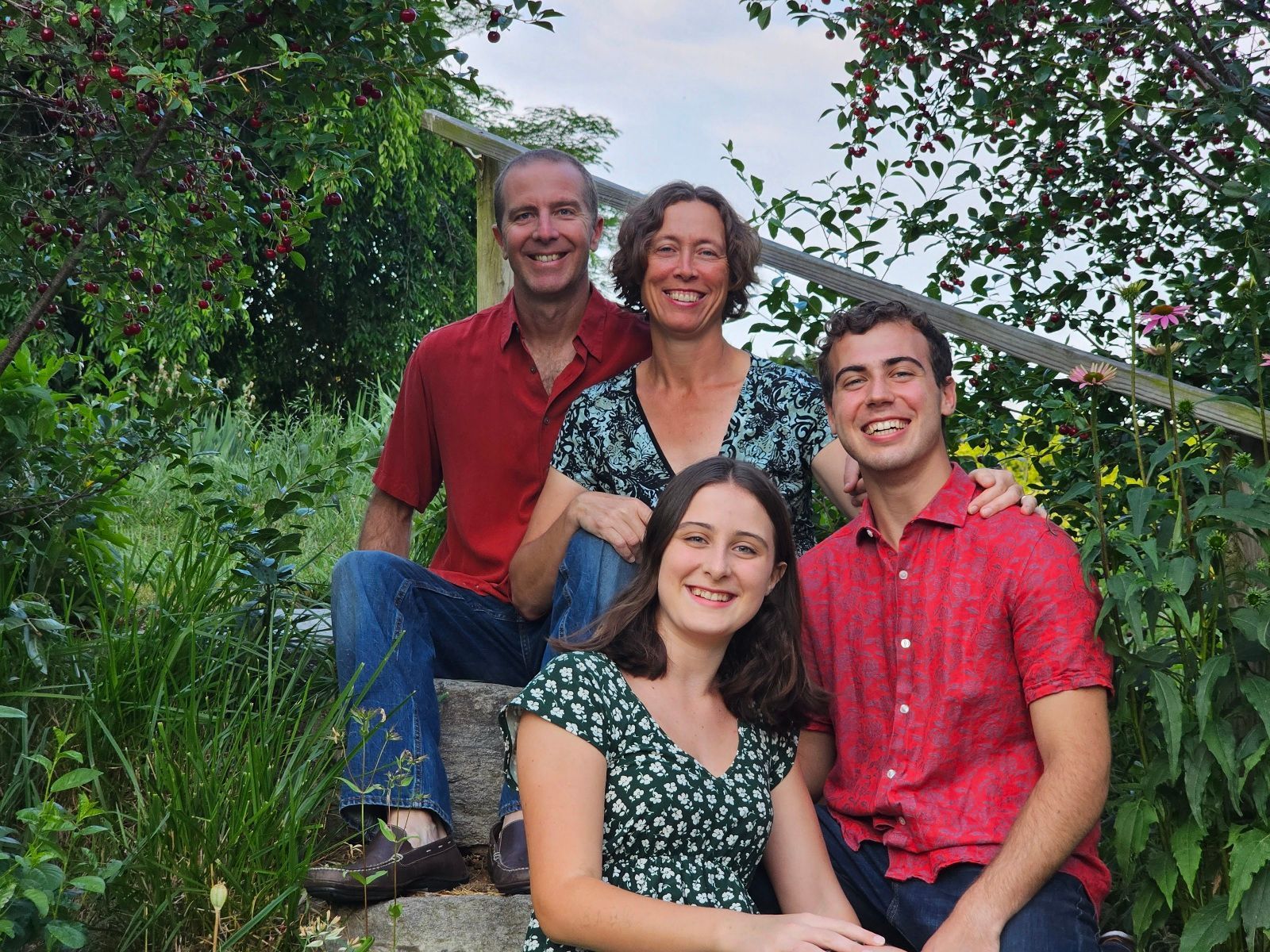Among our foundational tenets are the pillars of Permaculture: People-care, Earth-care, Future-care and the paradigm shifting realization that humans are the ultimate Keystone species, which means that we have the power to do just as much good for the whole of our precious planet as we do ill. We simply must make better choices.
"To live, we must daily break the body and shed the blood of Creation. When we do this knowingly, lovingly, skillfully, reverently, it is a sacrament. When we do it ignorantly, greedily, clumsily, destructively, it is a desecration. In such desecration we condemn ourselves to spiritual and moral loneliness, and others to want."
- Wendell Berry












